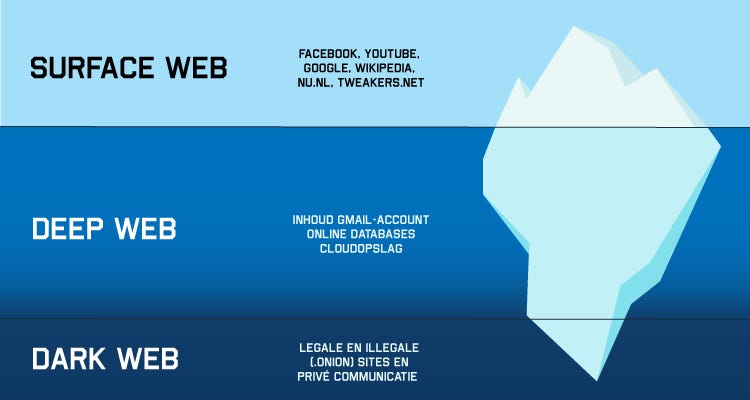The deep web may be the place in the world Wide Web that is not listed in standard web search-engine programs. It’s sometimes when compared to the tip associated with an ocean or iceberg, mainly because it represents a big element of the Internet’s information.
It offers whatever lives behind paywalls, password protected sites or another type of content that’s hidden from regular web crawlers. Examples include e-mail, private content on social networking sites, office intranets, online bank statements and fee-for-service websites like Netflix.

As it may seem shady to get into deep sites, there are lots of legitimate uses of it. As an example, it can help protect payment information when choosing services or goods online. In addition, it allows citizens in oppressive regimes to organize and speak freely without anxiety about being caught by government surveillance.
In addition, deep web allows scientists to express scientific articles and research that isn’t easy to get to in person. Almost all of the critical in third-world countries where the budgets for research are really low which it will be impossible to conduct these studies otherwise.
To gain access to the deep web, you want a special software package like Tor that anonymizes your personal computer and sends data through layers of encrypted servers. What this means is your details is virtually unreadable to anyone except the person you’re contacting. Once you’ve installed the program, you’ll have to know the complete Link to the deep website that you might want to check out. You’ll also need a specific internet browser that supports Tor, which looks unique as opposed to typical browser.
For more information about deep web just go to this popular web site
